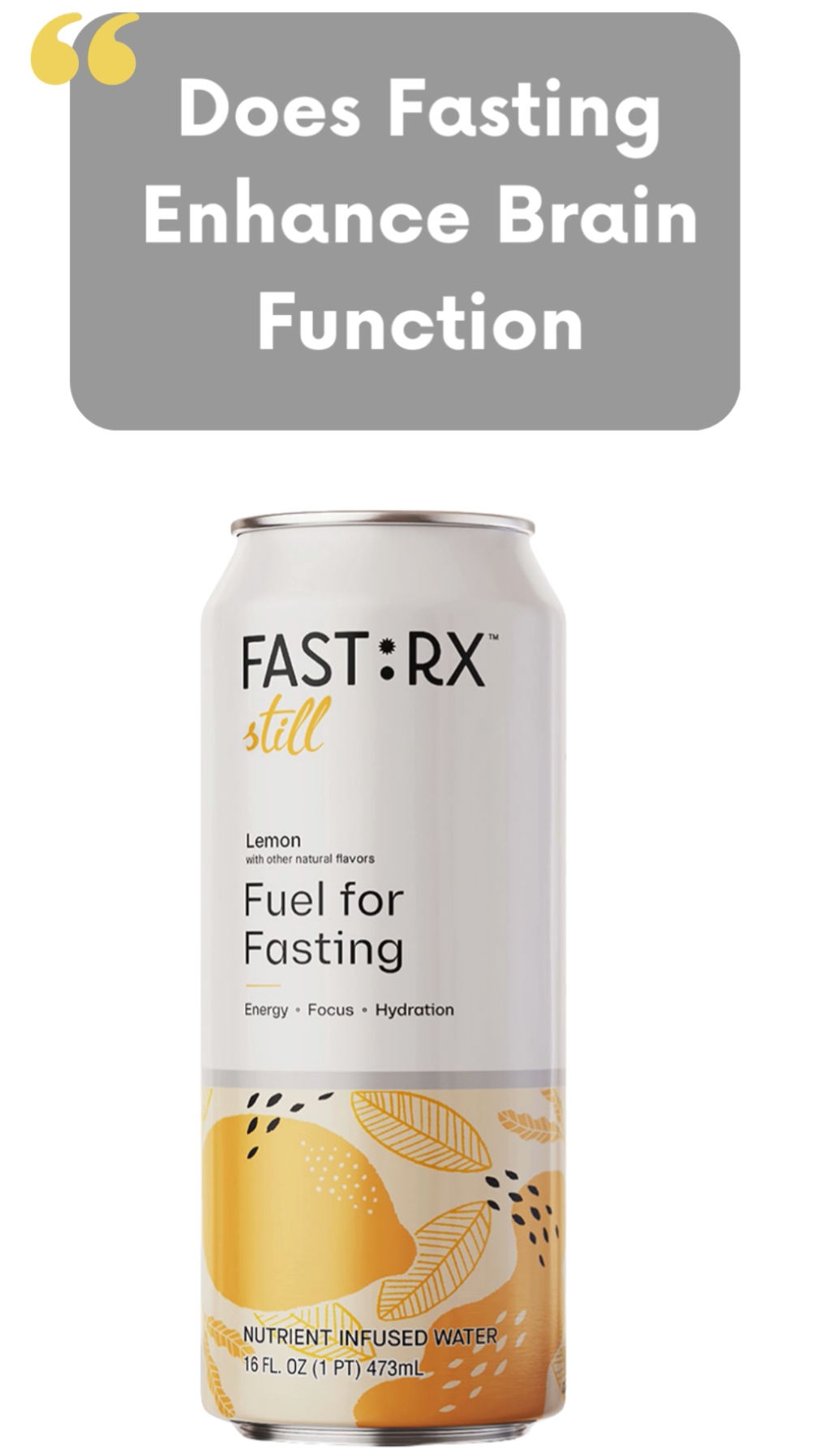Fasting has been associated with various health benefits, including potential improvements in mental clarity and reduction of brain fog. Here are some ways in which fasting might help with brain fog:
-
Ketosis and Energy: During fasting, the body can enter a state of ketosis, where it burns fat for fuel instead of glucose. Ketones, the by-products of this process, are an efficient energy source for the brain and may enhance cognitive function and clarity.
-
Autophagy: Fasting triggers autophagy, a cellular cleanup process that removes damaged cells and regenerates new ones. This can improve overall brain health and function, potentially reducing symptoms of brain fog.
-
Reduced Inflammation: Chronic inflammation is linked to cognitive issues, including brain fog. Fasting has been shown to reduce inflammation markers in the body, which might help alleviate brain fog.
-
Insulin Sensitivity: Fasting improves insulin sensitivity and helps regulate blood sugar levels. Stable blood sugar levels are important for cognitive function, as spikes and drops can contribute to brain fog.
-
Neurotransmitter Balance: Fasting can influence the balance of neurotransmitters in the brain, including an increase in norepinephrine, which can enhance alertness and focus.
-
Gut Health: There is a strong connection between gut health and brain function, often referred to as the gut-brain axis. Fasting can positively impact gut health by promoting a balanced microbiome and reducing gastrointestinal inflammation, which in turn can improve cognitive function.
Scientific Studies
Several studies have supported the idea that intermittent fasting can improve cognitive function and reduce symptoms of brain fog:
- Animal Studies: Research on animals has shown that intermittent fasting can enhance brain function, protect against neurodegenerative diseases, and improve learning and memory .
- Human Studies: Some human studies suggest that intermittent fasting can improve mental clarity and focus, though more research is needed to fully understand the long-term effects .
Practical Considerations
While fasting can offer these potential benefits, it's important to approach it safely and mindfully:
- Consult a Healthcare Provider: Before starting any fasting regimen, especially if you have underlying health conditions, it's advisable to consult with a healthcare provider.
- Hydration and Nutrition: Ensure you stay hydrated with a fasting drink like FAST:RX! and maintain a balanced diet during eating periods to support overall health and cognitive function.
- Listen to Your Body: Fasting isn't suitable for everyone. If you experience adverse effects, it may be better to explore other methods to address brain fog.
In summary, fasting may help with brain fog by improving energy metabolism, reducing inflammation, and supporting overall brain health. However, individual responses can vary, and it's essential to consider personal health conditions and consult with a healthcare professional before making significant changes to your diet or fasting routines.
Sources:
- Mattson, M. P., Longo, V. D., & Harvie, M. (2017). Impact of intermittent fasting on health and disease processes. Ageing Research Reviews, 39, 46-58.
- Anton, S. D., Lee, S. A., Donahoo, W. T., McLaren, C., Manini, T., Leeuwenburgh, C., & Pahor, M. (2017). The effects of intermittent fasting on health markers in humans. Nutrition Reviews, 75(10), 1-10.
- de Cabo, R., & Mattson, M. P. (2019). Effects of intermittent fasting on health, aging, and disease. New England Journal of Medicine, 381(26), 2541-2551.


